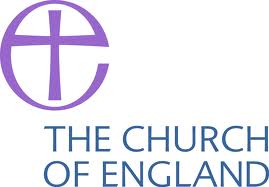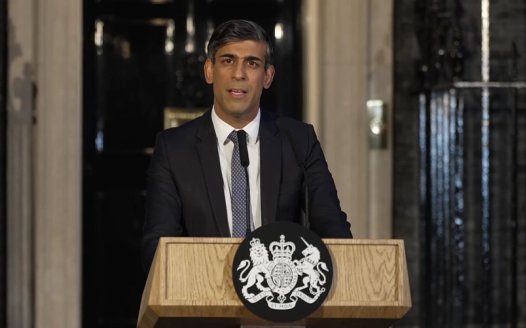It's time to disestablish the Church of England
Posted: Tue, 2nd Jan 2018 by Prof. Steven Kettell
As the National Secular Society prepares to send a major report on the subject to MPs, Prof. Steven Kettell says the establishment of the Church of England is incongruous with the beliefs and attitudes of the people it affects.
In the past few decades the landscape of religion and belief in Britain has changed beyond all recognition. Multiculturalism has created a rich, pluralised and diverse patchwork of perspectives, and processes of secularisation have led to sustained religious decline. According to a recent British Social Attitudes survey more than half (53%) of adults in the UK now describe themselves as being 'non-religious'.
How curious it is, then, that England remains amongst a dwindling number of countries in the world to cling on to an established religion, in the form of the Church of England.
As a recently published report by the National Secular Society makes clear, the point is not a trivial one. Establishment gives the Church extensive influence over social and political affairs in England and the wider UK. This includes a central role in national civic occasions, such as Anglican-led services at the cenotaph on Remembrance Day or the coronation of a new monarch (who, as head of the Church, is required to take an oath to uphold 'the doctrine, worship, discipline, and government' of the Church). Twenty-six bishops sit in the House of Lords, giving them the right to vote on legislation and making the UK one of only two countries in the world to have religious leaders in the legislature by right (the other is Iran). And the Church enjoys a grossly disproportionate role in the education system, running a quarter of all publicly funded English schools - a proportion far exceeding that for any other religious denomination.
Supporters of establishment highlight a range of ostensible benefits, notably centring on arguments of tradition, morality and inclusivity. Attempting to undo the deep interconnections between church and state would, we are told, cause irreparable damage to the country's social and cultural fabric, cut ourselves off from an indispensable source of values and devalue minority faiths, for whom the Church provides a much-needed voice in public life.
Such arguments are the stuff of nonsense. The very idea that Church leaders have some kind of special moral compass is shot to pieces by the reactionary stance taken by those very same leaders on a range of high-profile moral issues. These include the legalisation of same-sex marriage (which was opposed by every single bishop who voted on the matter), gender equality (refusing to allow women bishops prior to the ordination of Libby Lane in 2015), and the decriminalisation of assisted suicide (an issue, it should be pointed out, that puts the Church hierarchy at odds with most of its own members).
Claims that the Church can in any way speak for other faiths are equally incomprehensible. The bishops' bench is wholly unrepresentative of the UK population (being disproportionately white, male and middle class), and it is perfectly obvious – not least by the Church's own attendance figures - that the vast majority of citizens have nothing to do with the Church in the course of their everyday lives. Establishment, as its name suggests, privileges one particular religion, one particular section of the population and one particular institution.
Public support for the status quo is also relatively weak. While views on the subject are usually characterised by apathy and disinterest, a significant proportion of the British population has scant desire to retain an official state religion. A YouGov survey conducted in 2013, for instance, found that just 27% of British adults wanted to hold on to an established Church, and research suggests that many members of the Church itself would be content to sever the ties.
Yet it is another unusual feature of these debates that many of those who cling most tightly to the idea of establishment seem to have little or no conception of what secularism actually means. Far from the negative and anti-religious worldview that it is often presented as being, secularism – as the separation of church and state – provides the best political framework for ensuring freedom, tolerance and equality for all citizens, religious and non-religious alike.
Nobody is pretending that disestablishing the Church of England would suddenly transform the UK into a utopian wonderland, but the fact that these basic principles of equality still need to be pointed out in the twenty-first century should be a source of some considerable national shame.
While you're here
Our news and opinion content is an important part of our campaigns work. Many articles involve a lot of research by our campaigns team. If you value this output, please consider supporting us today.








